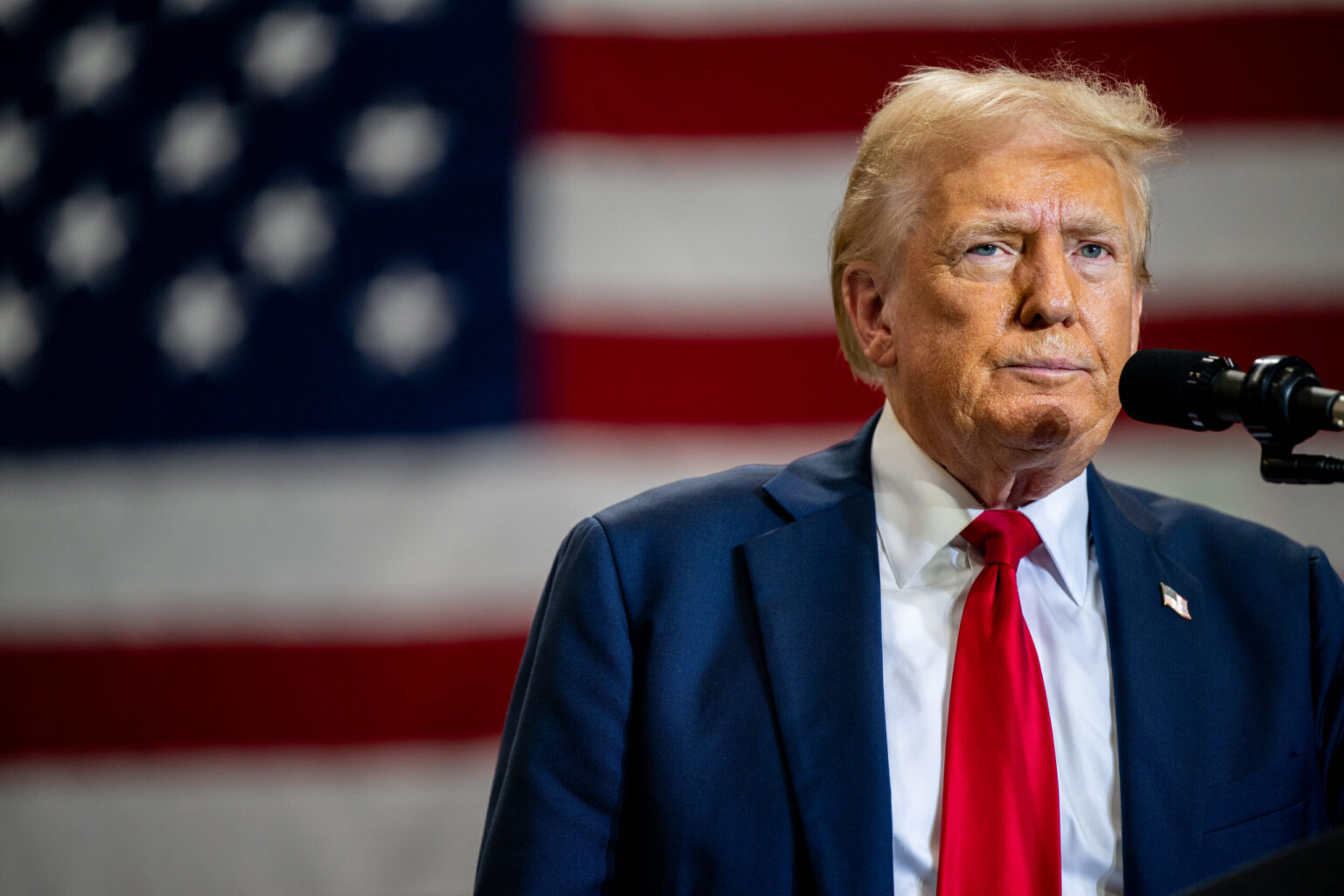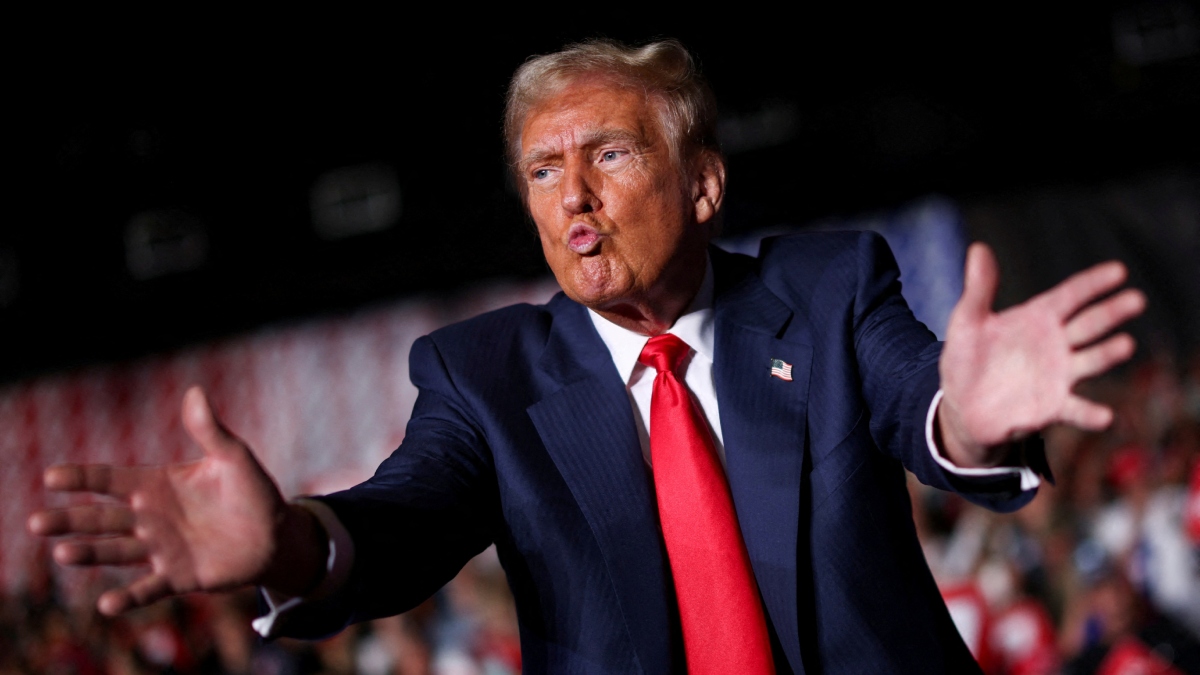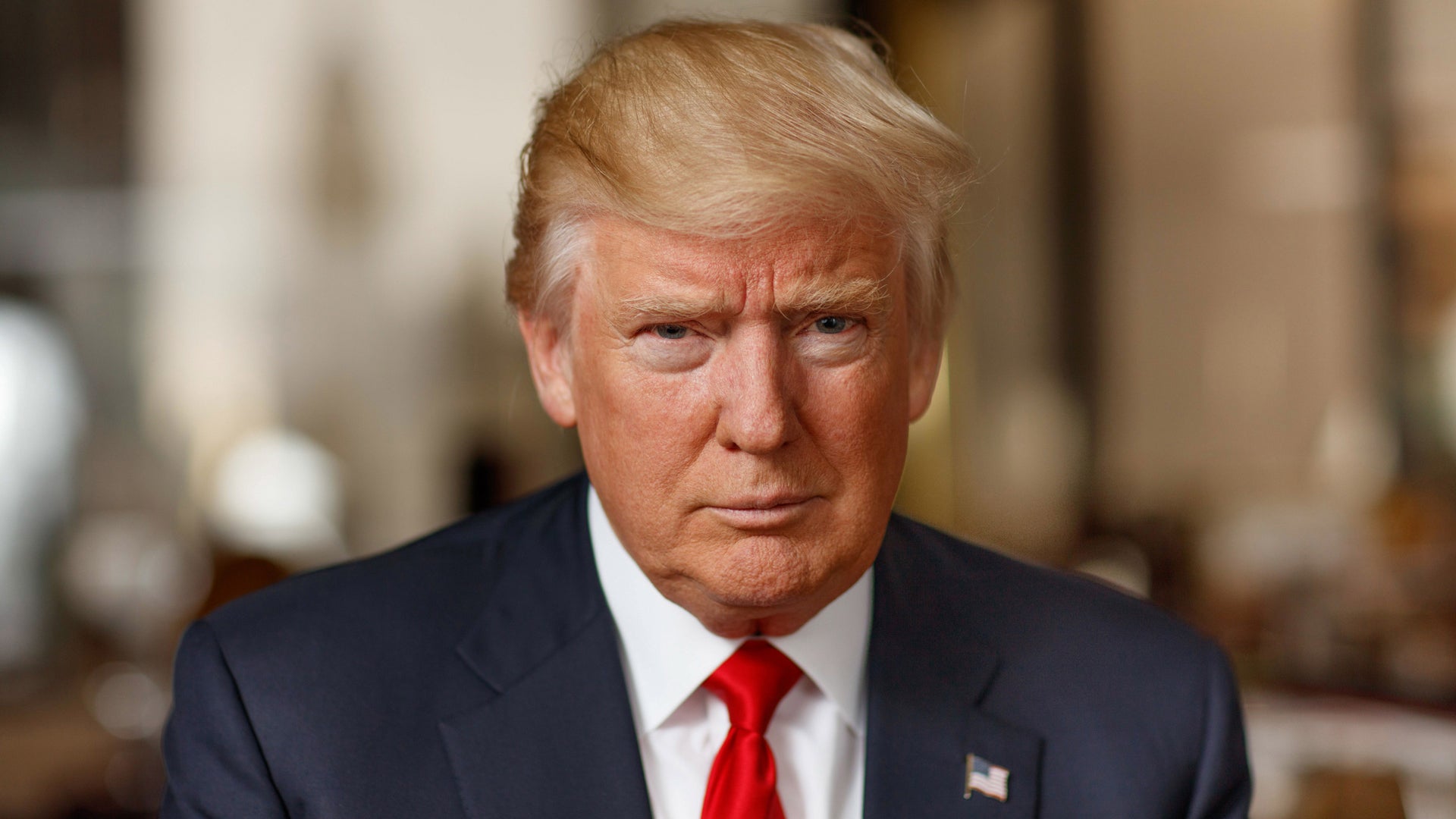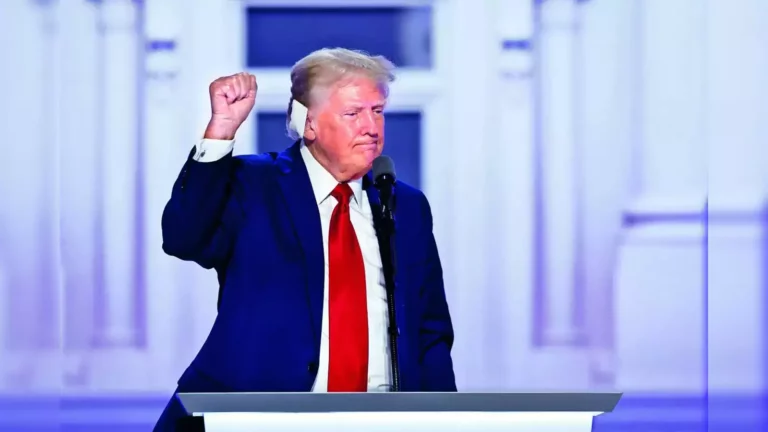In an age where the lines between fiction and reality blur, the relevance of Hajime Isayama’s “Attack on Titan” has only intensified. The series, renowned for its intense storytelling and complex characters, reflects many aspects of our own world’s turmoil and societal issues. As former President Donald Trump navigates another controversial spotlight, the parallels between the political narratives of our world and that of Isayama’s creation grow stronger.

Reflecting Reality Through Fiction
“Attack on Titan” began as a straightforward conflict between humanity and monstrous Titans, but it evolved into a profound commentary on the human condition, touching on themes of power, prejudice, and the cyclical nature of history. Isayama paints a grim picture of a society where choices seem limited and the future uncertain—a sentiment that resonates strongly in today’s political climate, especially after Donald Trump’s unexpected return to power.
As Trump’s presidency unfolds amidst turmoil and division, Isayama’s narrative about the Rumbling—a catastrophic event in the series—serves as a stark metaphor for the potential consequences of unchecked leadership and divisive politics. In the series, Eren Yeager’s apocalyptic decision to wipe out 80% of humanity, despite having the power to foresee the potential outcomes, mirrors the real-world scenarios where leaders pursue radical paths, seemingly without heed to past lessons.
The Cycle of History and Political Change
Isayama’s story does not just mirror the darker sides of our reality; it also serves as a cautionary tale about the persistence of social evils and the dangers of repeating history. The conclusion of “Attack on Titan,” where the cycle of conflict and the rediscovery of Titan powers hint at the inescapability of history’s repetition, could be seen as a reflection on today’s political scenario—where past mistakes are often overlooked, and the same problems arise repeatedly.
In the narrative, the characters face a grim reality where the ideal solution—unity among different factions to eliminate the source of their division—is hindered by ingrained hate and vested interests. This is analogous to the current global issues such as climate change and economic instability, where bipartisanship could lead to substantial progress, yet seldom does.

Lessons for the Future: The Role of the Individual
In “Attack on Titan,” the Survey Corps, who continue to fight for survival and for what they believe is right, exemplify the notion that even in dire circumstances, individuals and small groups can make a difference. Their relentless battle against the Titans, while often tragic, highlights the potential for heroism and sacrifice for the greater good.
Similarly, in our world, individuals are not powerless. Those concerned with the political landscape can engage in policy-making, activism, or simply aim to be more informed and proactive citizens. While not everyone can influence change on a grand scale, collective efforts and small acts of kindness and responsibility can forge a path to a better future.
As we face uncertain times, the messages from “Attack on Titan” resonate more than ever. The choices we make today, whether as voters or as voices in our communities, can lead to significant consequences. Just as the characters in Isayama’s world learn from their experiences, so too should we heed the lessons from both fiction and reality to create a future where, unlike in the tragic cycles of the manga, we learn, adapt, and improve.

By understanding the allegories within “Attack on Titan” and applying them to our current political and social challenges, we can strive to avoid the mistakes of the past and work towards a unified, progressive future. After all, as Isayama suggests, history need not always repeat itself—it can also inspire change.
